Like any other operation, the gastric sleeve may cause some unpleasant symptoms afterward. Pain when eating after gastric sleeve is some of these adverse effects you will experience. It’s understandable if this worries you. You might worry that you’ve messed up. That is likely because patients are informed that they may feel ill after eating, although pain itself may indicate a more serious issue. The good news is that people with gastric sleeve or gastric bypass operations usually experience pain after eating.
This article discusses the discomfort felt after eating in every post-operation and what you can do about it.
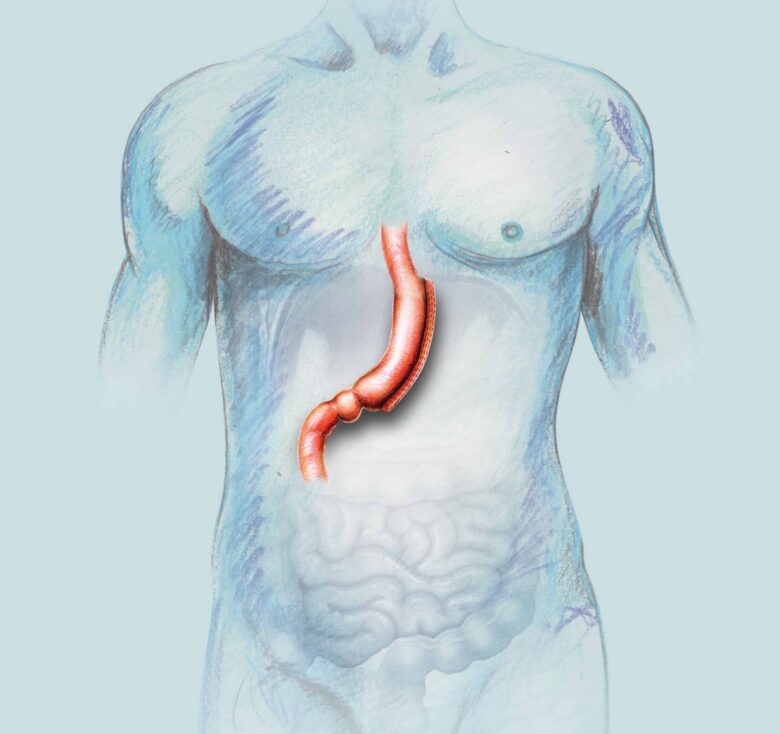
Source: uppergisurgery.com.au
Contents
One Day Post-Op
You probably had a sleepless night where you tossed and turned and watched a lot of TV. The doctor won’t let you have any liquids until they perform a swallow test to check for leaks, and you’ll get to do that today.
Pain
Pain is frequently more noticeable. The anesthetic is wearing off, and you’re moving around more. Those who have undergone a laparoscopic procedure should not be experiencing too much pain. Position affects comfort. Small sips of water relieve throat pain from swelling and dryness.
Diet
Consume only clear beverages. Enjoy it, but be careful. You could or might not be hungry right now. At this point, many people are still not hungry. The problem is that nearly everyone is dry and needs water. It’s important to eat according to the diet your doctor has prescribed. Reduce your food and drink intake to a minimum. Avoid coffee and fizzy drinks.
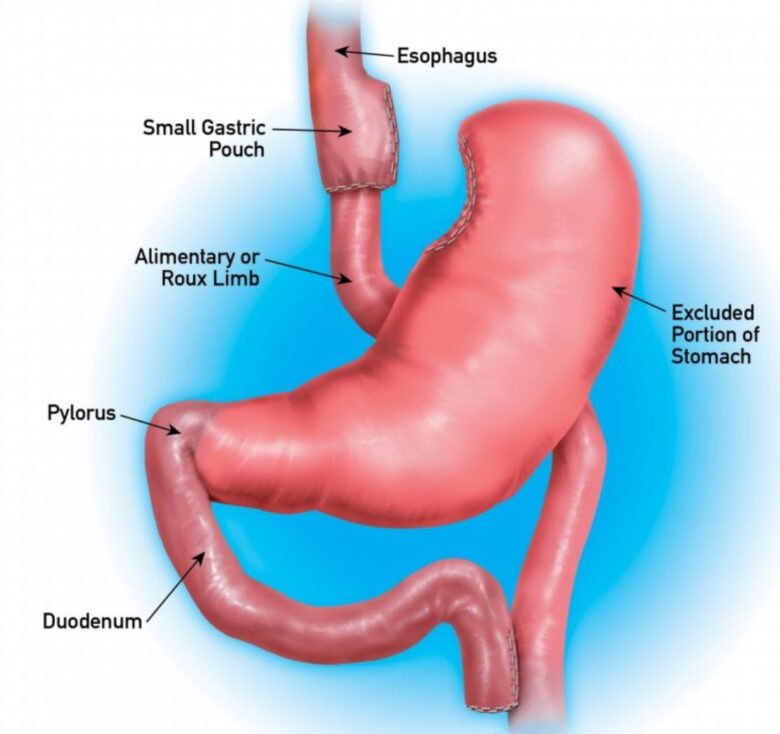
Source: pinterest.com
2-14 Days Post-Op
At this point, you are probably on your own. The hospital has released you after your surgery. The group you had to assist is no longer around to aid you. The person taking care of you could now be back at work, whether a spouse, family member or friend. The burden of work falls on your shoulders. You may also long for the hospital’s pain pump or the IV pain meds that provide more relief.
Pain
Despite this, most people can tolerate some degree of pain. Many patients report feeling the most discomfort between days three and six. The third to sixth days after surgery is the most painful because of the increased activity level.
Diet
Follow the eating plan your surgeon has prescribed. For the following week, that diet will most likely involve just liquids, starting with clear liquids and moving on to full liquids. Always be sure you drink enough water. Your diet will no longer provide the large amounts of fluids your body has been accustomed to.
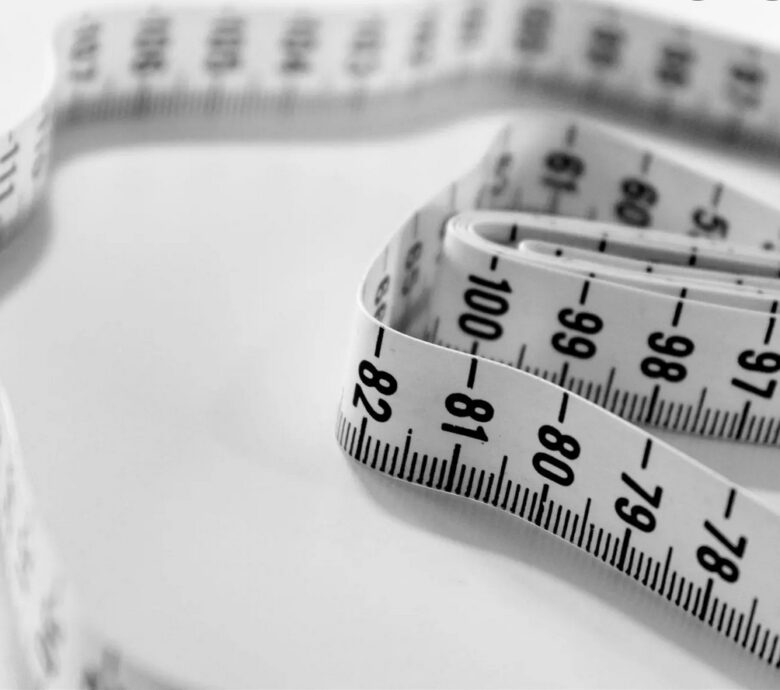
Source: newcastleobesitysurgery.com.au
2 And 3 Weeks Post-Op
After week 1, some individuals are prepared to return to work. The majority of people still experience too much discomfort when they turn and bend to give serious consideration to their jobs. In addition, a surprising number of people claim they are too exhausted to work. They are still adjusting to the new diet.
Pain
The pain must be minimal. It should be bearable, although annoying at times. When you go out to do your first set of errands after the change, you’ll immediately see and feel the difference, such as getting in and out of your car.
Diet
Your diet of soft, pureed foods will consist mainly of those over the next two to four weeks. Foods on this diet must have the texture of a paste or a thick liquid. There shouldn’t be any chunks of food floating around in there.
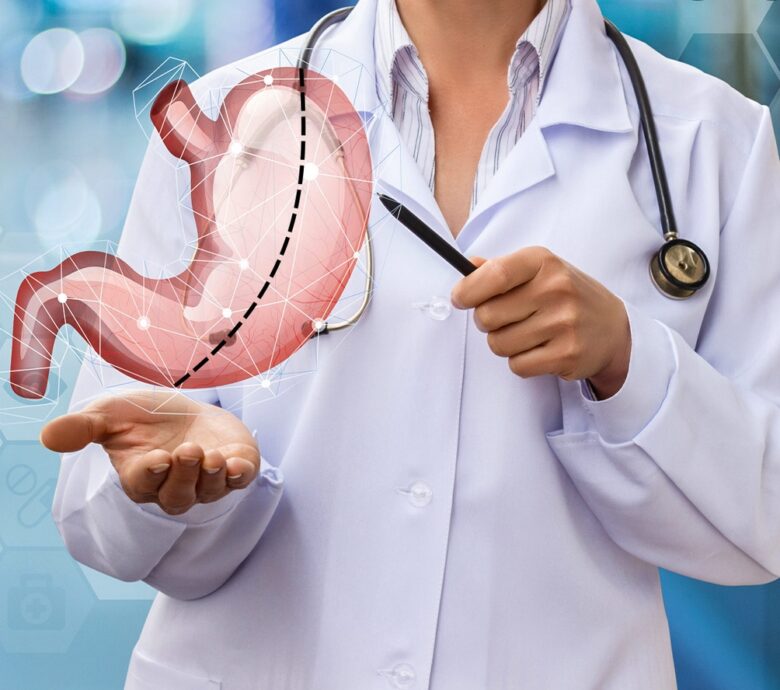
Source: medworldobesity.com
3rd Week To 3rd-Month Post-Op
You’ve returned to the office and have already shed some weight. Some patients report feeling just as exhausted as before surgery, but the vast majority report feeling encouraged by their weight reduction, lighter, and even more energetic. At this moment, you could require some more help. Your emotions are likely to fluctuate.
Pain
By the second month, you should have little pain and be able to stop taking any painkillers. If the pain continues, you must speak with your doctor.
Diet
It’s time for something new after a few weeks of bland, pureed cuisine. With your doctor’s approval, you can transition to more solid foods.
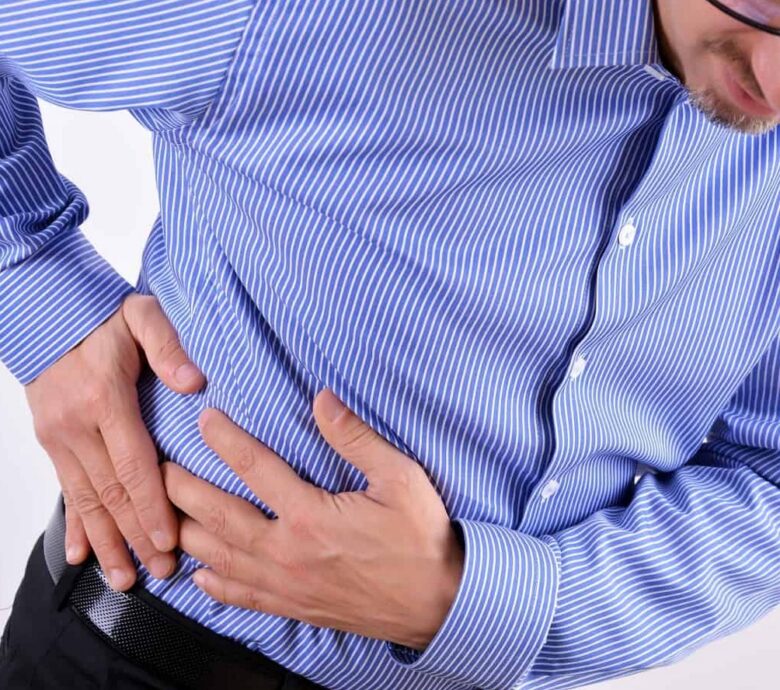
Source: houstonsleevesurgeon.com
3 Months And Beyond Post-Op
You’ve made a big decision to get gastric sleeve surgery, and you should be proud of yourself. You’ve lost some noticeable weight recently. You’ve lost weight, and your doctor probably gave you the green light to eat solid foods.
Pain
Currently, you shouldn’t be experiencing much pain. You should consult a medical professional if the discomfort doesn’t go away.
Diet
Doctors often give the go-light on introducing solid meals after that time. It’s thrilling, but take things carefully at first. Tolerating crunchy or spicy feeds might be difficult. Take your time digesting unfamiliar foods by eating only one at a time. You won’t believe how full you get! Changing your diet is a sensible first step.
Pain Caused By Other Factors
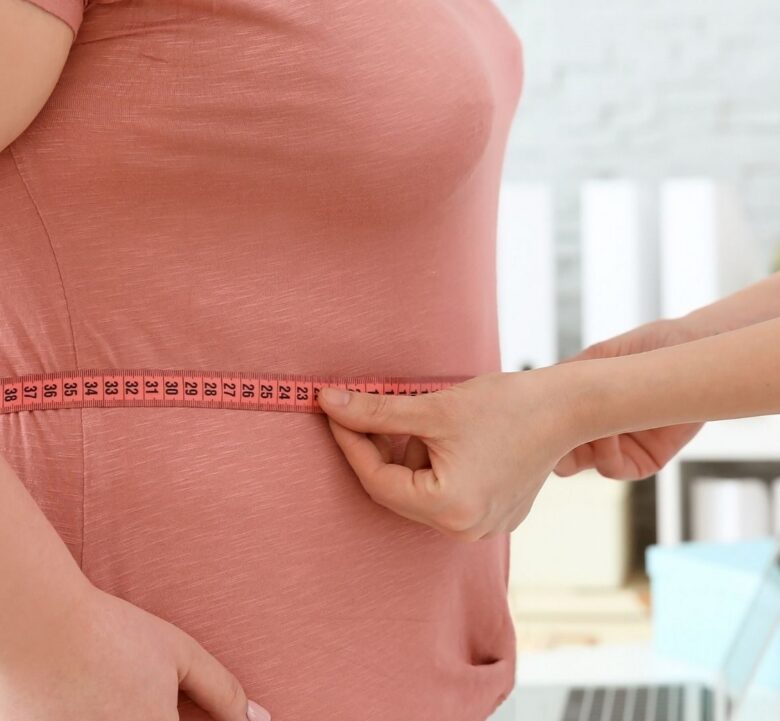
Source: drrahulsinha.com
Abdominal Pain
Gastric bypass patients may have abdominal pain after eating. This ache usually indicates overeating.
Esophageal Pain
Esophageal spasms are another post-meal discomfort.
Gas
The accumulation of gas is a possible contributor to the discomfort felt after a meal.
Constipation
After eating, bariatric patients frequently experience difficulty passing stool.
Case Of The Dumping Syndrome
Some patients with bariatric surgery experience Dumping Syndrome, in which food passes undigested, mainly from the stomach to the small intestine.
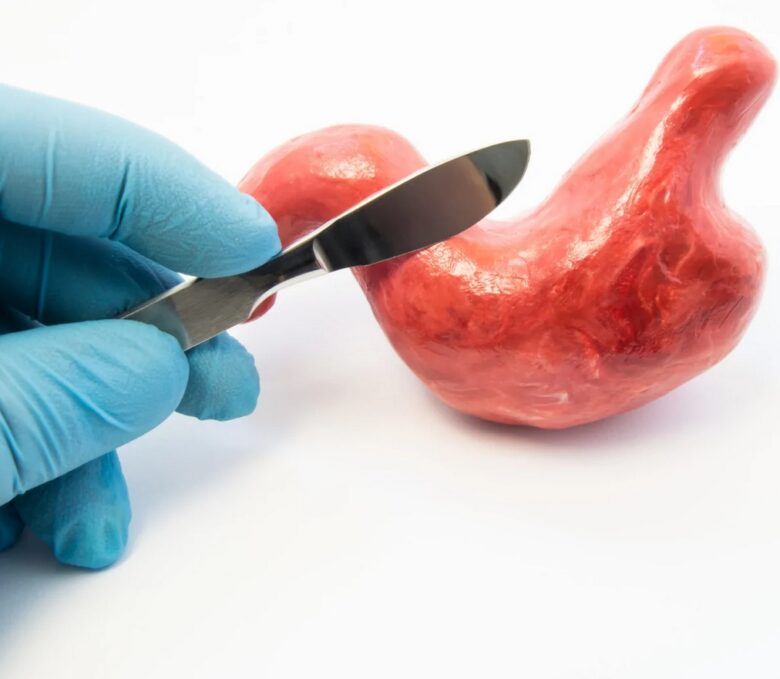
Source: americandreamnutbutter.com
Final Notes
Overeating or eating too quickly are common causes of postprandial pain in bariatric patients. It could cause discomfort in the chest or the esophagus, or it could cause pain in the abdomen. Fortunately, you can reduce the discomfort and pain when eating after gastric sleeve with just a few simple lifestyle changes.
Obesity surgery should be combined with a healthy lifestyle change, including regular exercise and a change in nutrition. However, the operation is just a means to an end. When patients learn how to utilize their aid correctly, they often see surprising results. Some people have difficulty and blame the tool itself for the problem.
Most people who have problems after surgery are hoping for a speedy remedy. They weren’t ready to make the “forever and ever” mental shift with bariatric surgery. Please remember that yearly checkups with your bariatric practitioner are suggested for the best long-term health and success outcomes.
